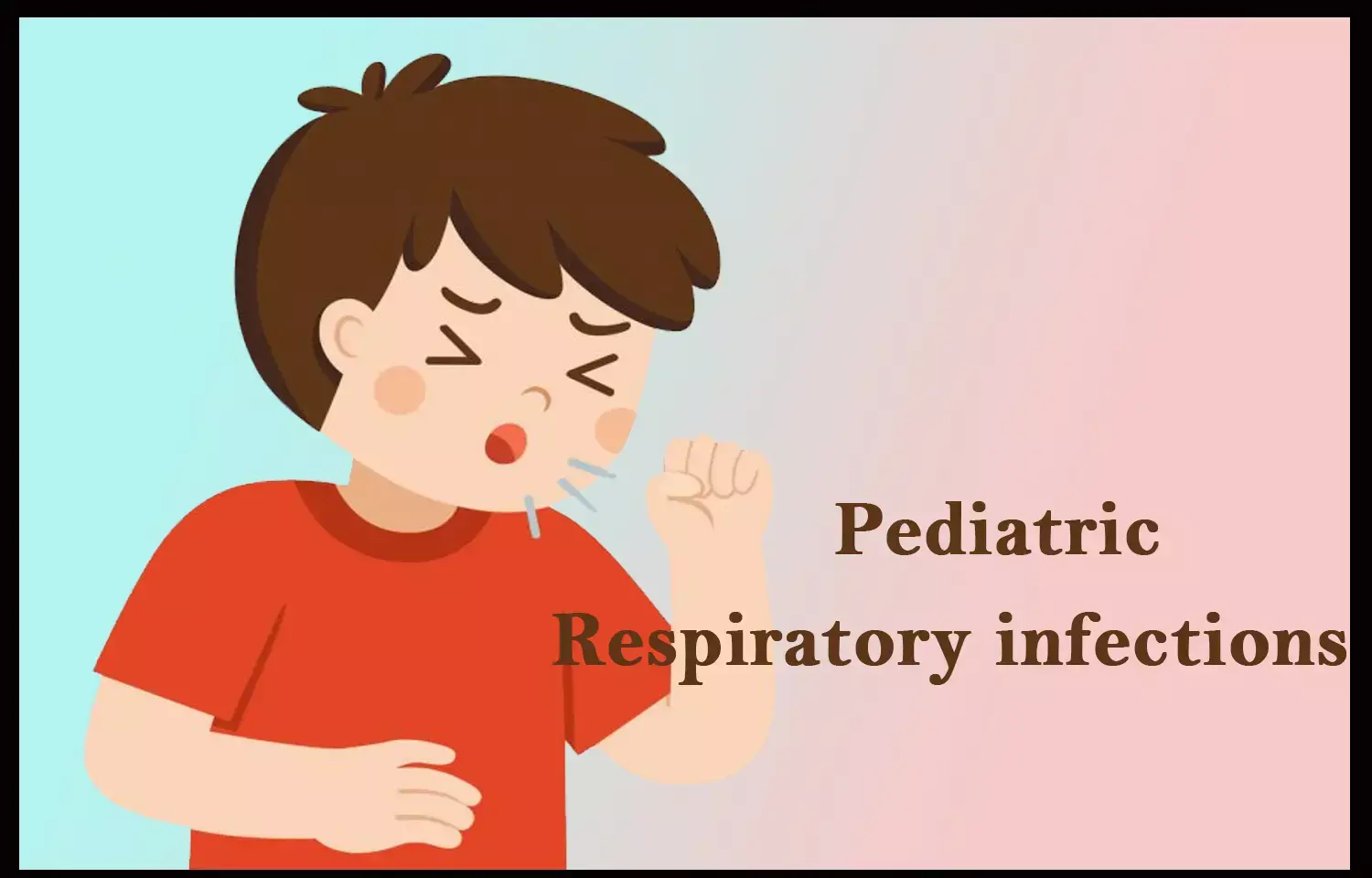- Home
- Medical news & Guidelines
- Anesthesiology
- Cardiology and CTVS
- Critical Care
- Dentistry
- Dermatology
- Diabetes and Endocrinology
- ENT
- Gastroenterology
- Medicine
- Nephrology
- Neurology
- Obstretics-Gynaecology
- Oncology
- Ophthalmology
- Orthopaedics
- Pediatrics-Neonatology
- Psychiatry
- Pulmonology
- Radiology
- Surgery
- Urology
- Laboratory Medicine
- Diet
- Nursing
- Paramedical
- Physiotherapy
- Health news
- Fact Check
- Bone Health Fact Check
- Brain Health Fact Check
- Cancer Related Fact Check
- Child Care Fact Check
- Dental and oral health fact check
- Diabetes and metabolic health fact check
- Diet and Nutrition Fact Check
- Eye and ENT Care Fact Check
- Fitness fact check
- Gut health fact check
- Heart health fact check
- Kidney health fact check
- Medical education fact check
- Men's health fact check
- Respiratory fact check
- Skin and hair care fact check
- Vaccine and Immunization fact check
- Women's health fact check
- AYUSH
- State News
- Andaman and Nicobar Islands
- Andhra Pradesh
- Arunachal Pradesh
- Assam
- Bihar
- Chandigarh
- Chattisgarh
- Dadra and Nagar Haveli
- Daman and Diu
- Delhi
- Goa
- Gujarat
- Haryana
- Himachal Pradesh
- Jammu & Kashmir
- Jharkhand
- Karnataka
- Kerala
- Ladakh
- Lakshadweep
- Madhya Pradesh
- Maharashtra
- Manipur
- Meghalaya
- Mizoram
- Nagaland
- Odisha
- Puducherry
- Punjab
- Rajasthan
- Sikkim
- Tamil Nadu
- Telangana
- Tripura
- Uttar Pradesh
- Uttrakhand
- West Bengal
- Medical Education
- Industry
Single dose of nirsevimab prevents RTI due to RSV in preterm infants: NEJM

Nirsevimab showed 74.5 percent efficacy against medically attended lower respiratory tract infections caused by respiratory syncytial virus (RSV) in healthy infants, according to an international, randomised, placebo-controlled Phase 3 clinical trial. It is the first potential immunization against RSV in the general infant population, with a single dose providing safe protection across the entire RSV season. Results were published in the New England Journal of Medicine.
"These exciting data show that nirsevimab has the potential to offer RSV protection for all infants, which would be a paradigm shift in the approach to this disease," said site Principal Investigator and co-author William Muller, MD, PhD, Scientific Director of Clinical and Community Trials at Stanley Manne Children's Research Institute at Ann & Robert H. Lurie Children's Hospital of Chicago, and Associate Professor of Pediatrics at Northwestern University Feinberg School of Medicine.
RSV is a common, contagious virus that causes seasonal epidemics of lower respiratory tract infections, leading to bronchiolitis and pneumonia in infants. It is also a leading cause of hospitalizations in all infants.
The trial involved healthy term and late preterm (gestational age ≥35 weeks) infants entering their first RSV season. Lurie Children's was among the highest enrolling US sites in the trial.
Nirsevimab is an investigational long-acting monoclonal antibody, being developed by AstraZeneca and Sanofi, designed to protect all infants through their first RSV season with a single dose. Monoclonal antibodies do not require the activation of the immune system to help offer rapid and direct protection against disease.
Currently, the only available preventative option for RSV is palivizumab, which is limited to high-risk infants and provides one-month protection, requiring five injections to cover an RSV season.
A separate Phase 2/3 trial, also published in the New England Journal of Medicine, which evaluated the safety of nirsevimab in infants with congenital heart disease, chronic lung disease and prematurity entering their first RSV season, demonstrated that nirsevimab had a similar safety and tolerability profile compared to palivizumab. Results in this population of infants indicated similar protection against RSV to that in the healthy term and late preterm infants.
"We know that RSV has seen a resurgence with the easing of COVID-19 public health measures. This shows us a broad immunization approach is needed to help mitigate the substantial global burden RSV places on infants, their families and healthcare services," said Dr. Muller.
Research at Ann & Robert H. Lurie Children's Hospital of Chicago is conducted through the Stanley Manne Children's Research Institute. The Manne Research Institute is focused on improving child health, transforming pediatric medicine and ensuring healthier futures through the relentless pursuit of knowledge. Lurie Children's is ranked as one of the nation's top children's hospitals by U.S. News & World Report. It is the pediatric training ground for Northwestern University Feinberg School of Medicine.
Hina Zahid Joined Medical Dialogue in 2017 with a passion to work as a Reporter. She coordinates with various national and international journals and association and covers all the stories related to Medical guidelines, Medical Journals, rare medical surgeries as well as all the updates in the medical field. Email: editorial@medicaldialogues.in. Contact no. 011-43720751
Dr Kamal Kant Kohli-MBBS, DTCD- a chest specialist with more than 30 years of practice and a flair for writing clinical articles, Dr Kamal Kant Kohli joined Medical Dialogues as a Chief Editor of Medical News. Besides writing articles, as an editor, he proofreads and verifies all the medical content published on Medical Dialogues including those coming from journals, studies,medical conferences,guidelines etc. Email: drkohli@medicaldialogues.in. Contact no. 011-43720751


